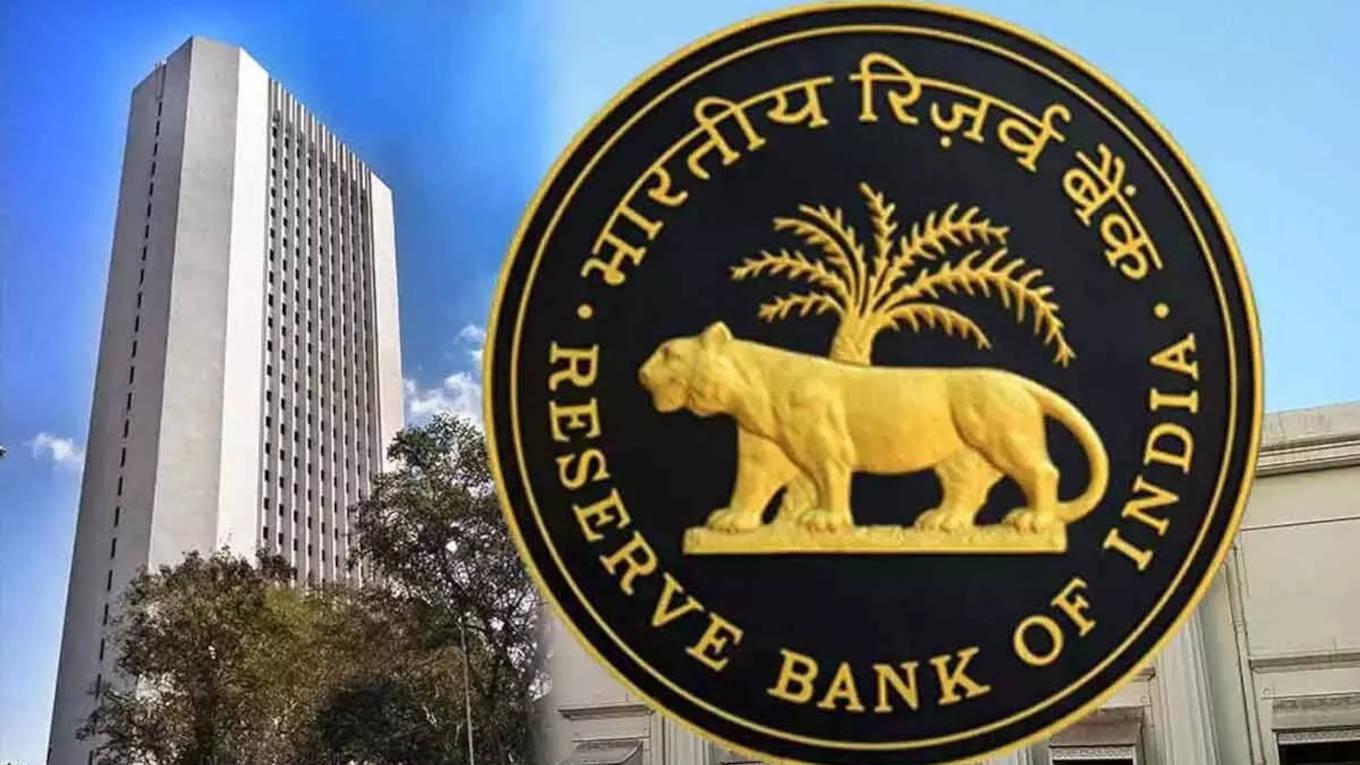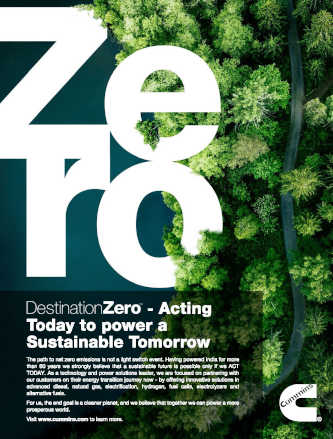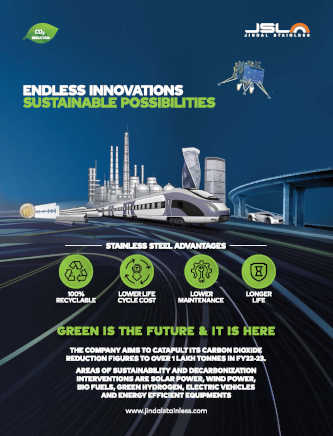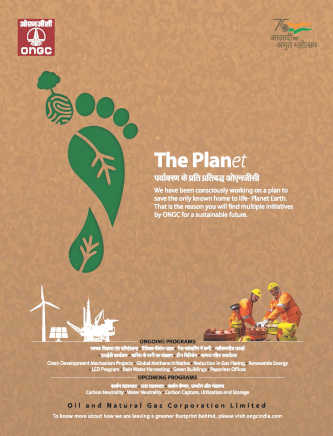Reserve Bank of India has issued detailed guidelines for acceptance of ‘green deposits’ by banks and NBFCs wherein the funds could be used for financing activities like renewable energy, green transport and green buildings. The money raised from green deposits should be used for renewable energy projects, clean transportation, sustainable water and waste management, pollution prevention and control and design, construction of energy-efficient and energy-saving systems and installations in buildings and properties, the central bank said. Banks and NBFCs will have to independently verify the allocation of funds raised through green deposits through third-party firms on an annual basis. However, banks and NBFCs will also have to lay down procedures of internal checks and balances like in the case of other loans. The financial sector can play a pivotal role in mobilising resources and their allocation thereof in green activities/projects. Green finance is also progressively gaining traction in India, RBI said as it issued the framework for acceptance of green deposits by regulated entities. Some Regulated Entities (REs) are already offering green deposits for financing green activities and projects. The framework will come into effect from 1 June, 2023. The purpose and rationale for the framework, RBI said is to encourage REs to “offer green deposits to customers, protect interest of the depositors, aid customers to achieve their sustainability agenda, address greenwashing concerns and help augment the flow of credit to green activities/projects”. The RBI said the allocation of proceeds raised from green deposits should be based on the official Indian green taxonomy. Pending finalisation of the taxonomy, as an interim measure, REs would be required to allocate the proceeds raised through green deposits towards a specified list of green activities/projects. The projects must encourage energy efficiency in resource utilisation, reduce carbon emissions and greenhouse gases, promote climate resilience and/or adaptation and value and improve natural ecosystems and biodiversity. Renewable energy, energy efficiency, clean transportation, climate change adaptation, sustainable water and waste management, and green buildings, are among the list of projects/activities where REs could allocate the proceeds raised through green deposits. RBI has also mentioned about a list of ‘exclusions’ for REs. This includes projects involving new or existing extraction, production and distribution of fossil fuels; nuclear power generation; and direct waste incineration. Banks and NBFCs will have to put in place a comprehensive board-approved policy on green deposits.
-

The RBI said the allocation of proceeds raised from green deposits should be based on the official Indian green taxonomy























